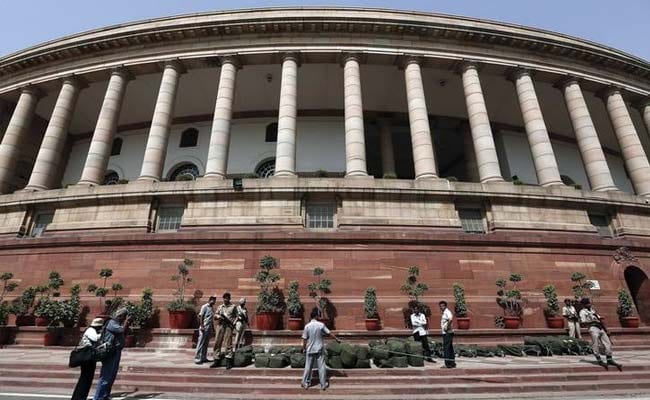
The Narendra Modi government has justified the enactment of two laws to help replace the existing collegium system of judicial appointments with the institution of the National Judicial Appointments Commission.
The court was hearing petitions challenging the constitutional validity of the new system, one of the key undertakings of the new government.
The system, the government said, will strengthen the independence of judiciary and not weaken it, the Centre told the court.
Appearing for one of the petitioners, constitutional expert and jurist Fali Nariman contended that the new laws are illegal and against the basic structure of the Constitution. They are also against the independence of judiciary, he told the court.
The Centre argued that the petitioners have an alarmist attitude about the new system.
Justifying the legality of the laws, Attorney General Mukul Rohatgi, who represented the Centre, said the bills were passed with absolute majority. Parliament, he said, has the absolute authority and the power to change the system.
Till the notification was issued, the collegium system, however, can function, he told the court.
Asked when the notification will be issued, he said media reports say the Chief Justice of India was reluctant to be part of the panel to select judges.
The National Judicial Appointment body -- which is to recommend the appointment, transfer of judges and ensure their ability and merit -- came into force in December following repeated criticism of the collegium system for its opacity.
The six-member panel will comprise two senior judges, the law minister and two eminent citizens selected by the Prime Minister. The Chief Justice of India will head it.
The requisite bill was passed by both Houses of Parliament in August. But since it proposes a change in the Constitution, it has to be ratified by at least half of the state legislatures as well. So far, 20 state legislatures have ratified it.
Track Latest News Live on NDTV.com and get news updates from India and around the world

